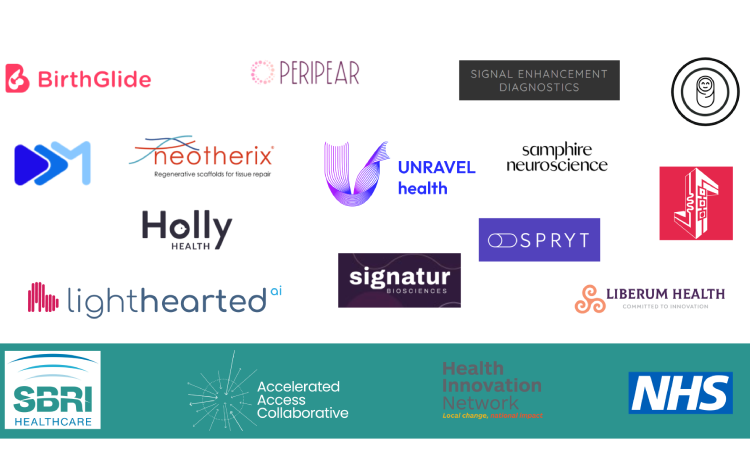Sixteen NHS trusts receive share of £16m to support digital prescribing
- 18 November 2020
Sixteen NHS trusts are to receive a share of £16million to go towards introducing an electronic prescribing system.
Such systems allow clinicians to have faster access to information on prescribed medicines and patient history. This can also reduce medication errors by up to 30% when compared with the old paper systems, according to the Department of Health and Social Care.
The 16 trusts are:
- University Hospitals Coventry and Warwickshire NHS Trust (£1,213,000)
- Mid and South Essex NHS Foundation Trust (£970,000)
- Manchester University NHS Foundation Trust (£1,423,000)
- Nottingham University Hospitals NHS Trust (£1,485,000)
- West London Mental Health NHS Trust (£1,308,000)
- Sheffield Children’s NHS Foundation Trust (£1,485,000)
- Bradford District Care NHS Foundation Trust (£96,000)
- Central and North West London NHS Foundation Trust (£1,485,0000)
- Somerset NHS Foundation Trust (£400,000)
- Weston Area Health NHS Trust (£673,000)
- Hertfordshire Partnership University NHS Trust (£882,000)
- Northern Devon Healthcare NHS Trust (£960,000)
- Medway NHS Foundation Trust (£1,485,000)
- Pennine Care NHS Foundation Trust (£342,000)
- Airedale NHS Foundation Trust (£534,000)
- Salisbury NHS Foundation Trust (£1,188,000)
This latest funding is part of a £78million investment which was announced in February 2018 and aims to achieve the NHS Long Term Plan commitment to eliminate paper prescribing in hospitals and introduce digital prescribing across the entire NHS by 2024.
Since 2018, 216 NHS trusts have received a share of this fund and the proportion of trusts with an electronic prescriptions and medicines administration (ePMA) system is expected to have risen from 19% in 2018 to more than 80% by March 2021.
Minister for patient safety Nadine Dorries said: “We are determined to make the NHS the safest healthcare system in the world. The introduction of digital prescribing systems has helped us reduce potentially deadly medication errors and save our hardworking staff valuable time, enabling them to dedicate their full attention and care to patients.
“As we enter what is set to be a challenging winter, the best way we can continue to protect patients and staff is if we all work together and continue to follow the national restrictions to suppress the virus.”





1 Comments
Hate to be picky but the above ePMA grant amounts to those 16 Trusts total £29m, not £16m.
That’s a few mil more than the notional balance left in the 3-year pot of £67m allocated back in 2017 when adding up the Wave1 and Wave 2 figures.
Impressive that more money was found post-Covid when everywhere else, projects & budgets were cut.
Comments are closed.